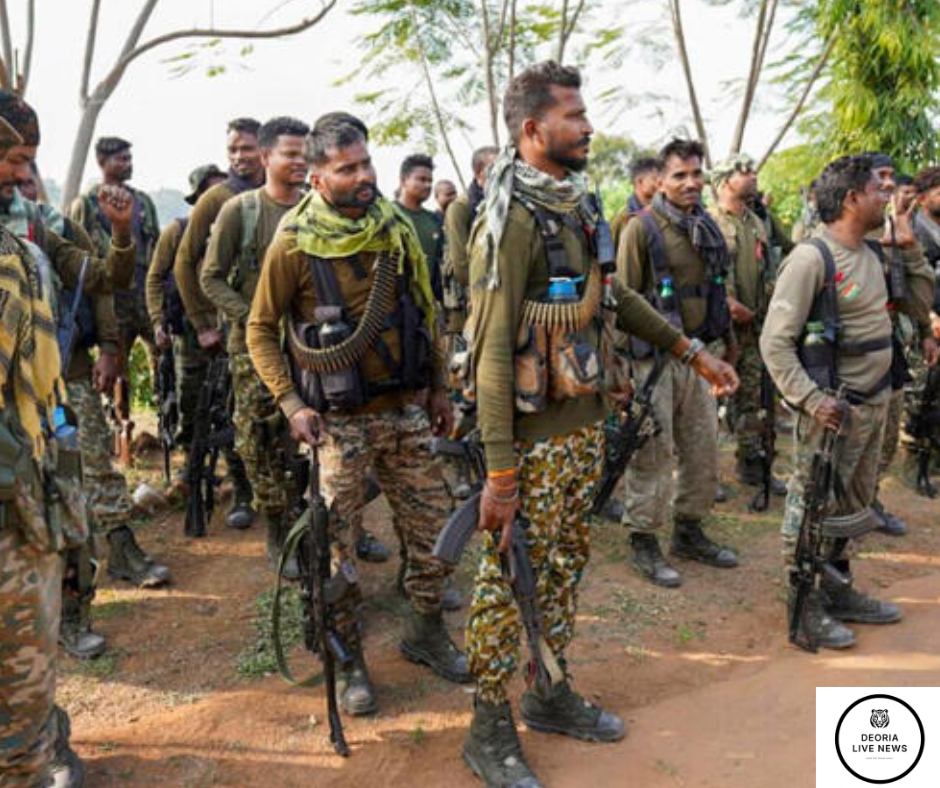
Over the last few years, a concerning trend has come to light in Chhattisgarh—177 suicides and 18 incidents of fratricide among security forces posted in the region. These figures are not just numbers; they reflect the growing mental health challenges faced by personnel deployed in difficult and high-pressure environments.
Chhattisgarh has long been a hotspot for anti-Naxal operations, requiring long postings, remote camp locations, and constant exposure to life-threatening situations. This continuous stress, combined with isolation from families, limited leave, and lack of recreational outlets, can take a serious toll on a person’s mental health.
Experts say that while security personnel are trained to deal with physical challenges, mental health is still an area that lacks adequate focus. Limited access to counseling services, stigma around expressing emotional distress, and a culture of “toughing it out” often prevent soldiers from seeking help when they need it most.
Additionally, work conditions in these areas can be extremely tough. Camps are often located in dense forests, with limited connectivity and basic facilities. In such situations, even minor frustrations can escalate into major emotional crises.
Some initiatives have started to address the issue—like stress management workshops and regular counseling sessions—but they remain inconsistent and under-resourced. What’s urgently needed is a structured, long-term mental health support system for all personnel, especially those stationed in sensitive conflict zones.
The conversation around mental health in India has grown in recent years, but the needs of our forces require more immediate and focused attention. Behind every uniform is a person, and supporting their mental well-being is just as important as their physical safety.